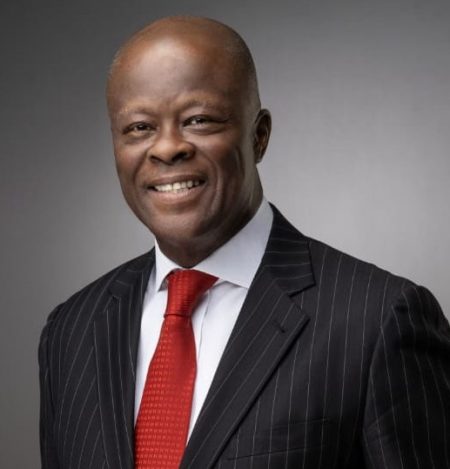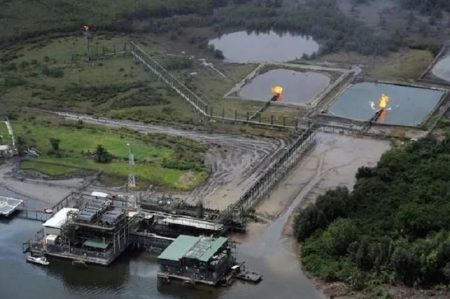26 May 2013, Sweetcrude, Houston – The Central Bank of Nigeria, CBN, has completed moves to carry out comprehensive verification exercise of bank staff occupying strategic positions across the Country.
This would involve chief risk officers, chief financial officers and treasurers, amongst others.
Speaking at a risk management conference in Lagos on Thursday, the CBN Governor, Mallam Lamido Sanusi, said the move was to entrench risk management functions in the banks, stressing that the effects of the recent global financial crisis were still apparent – working its way through the world economy in the form of widespread public debt and lethargic economic growth.
According to Sanusi, the exercise would involve sending questionnaires to banks to indicate the qualifications and experiences of the affected personnel, stressing that at the end, those who fall short would have to be replaced by the banks.
He noted that the exercise is not to create panic in the system, but for the safety of the industry, stating that the apex bank recently sponsored some staff overseas on risk management practices.
The CBN governor explained that though the apex bank was not opposed to the state of emergency recently declared by the Federal Government in three states, it might have huge financial implications.
He explained that the retention of Monetary Policy Rate, MPR, at 12 per cent would remain so for a long time, adding that the apex bank was working with the banks on possible reduction of interest rates.
“Everywhere in the world, if you have an election, that is when the government spends more because at that time, you will have political office holders wanting to deliver dividends; they will want to show reasons why they should be re-elected. So, the Central Bank governors all over the world know that election cycles are very difficult for monetary policy. The point I am making is that if there is increased spending, what is likely going to happen will be higher interest rate. People should not look forward to low interest rate at a time of increased government spending,” he said.
On money supply, Sanusi said: “In terms of money supply, we don’t think there is going to be any major impact in terms of liquidity in the system.”
“There might be an impact in the total money supply because of the reduction in credit to the private sector, but we are looking at all the implications and when it is time to pay, the Central Bank will decide how much of it should be in the form of securities. Should we issue some special securities to mop up the money and if we are going to sterilize the money for a year or six months. This will all fit into our monetary policy stance.”
The CBN governor also explained the various efforts by the apex bank to promote risk management in banks, urging the bank chiefs to embark on capacity building of their staff




